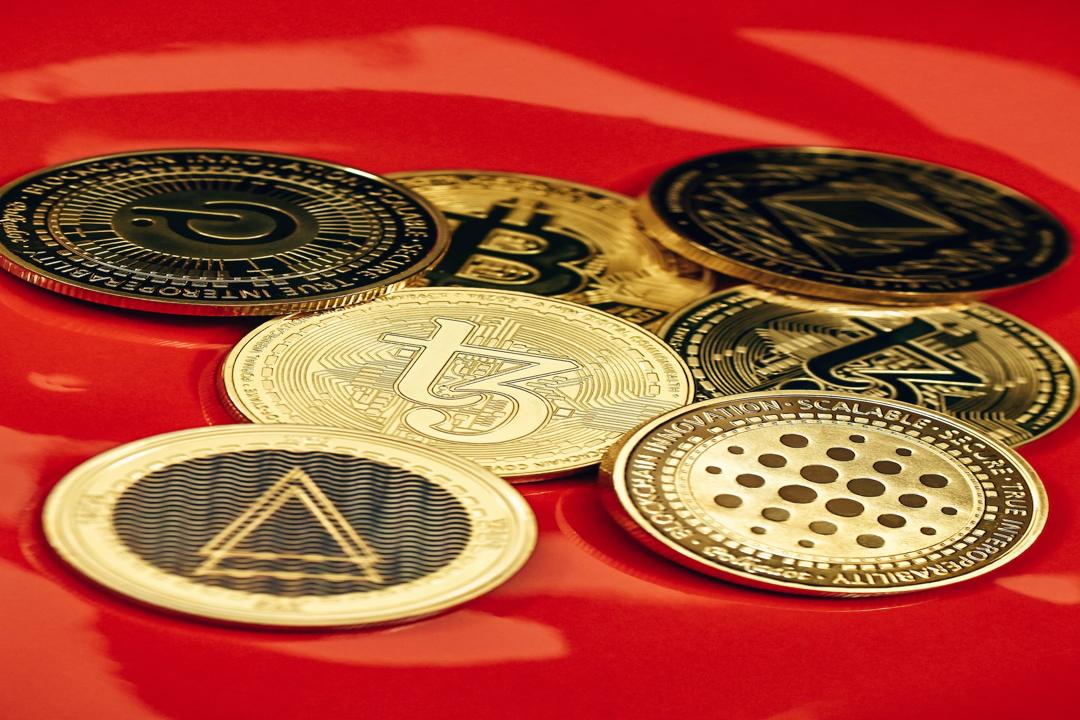Crypto4winners Announces They Have Suffered a Vulnerability Attack

Source: Crypto4winners Telegram Channel
Due to this “vulnerability,” Crypto4winners claims it cannot process fund withdrawals until the issue is resolved. The problem is that, as early as two months ago, the crypto newspaper DL News disclosed that one of the co-owners of Crypto4winners is Luc Schiltz, a Luxembourger who was sentenced to six years in prison for defrauding over $1.5 million in 2017, serving only two years. Shortly after his release, he co-founded the Crypto4winners project.
Therefore, when the “hacker attack” was announced, suspicions immediately arose. After the initial announcement, Crypto4winners went completely silent. By March 12 or earlier, its clients contacted lawyers and the police.
In the following days, Crypto4winners was revealed to exhibit all the characteristics of a Ponzi scheme, resulting in thousands of victims and at least $100 million in losses. According to DL News, Luc Schiltz is a co-founder of Crypto4winners, but he has been hiding his involvement. The publicly known CEO and founder is another Luxembourger, Adrien Castellani, but in reality, Castellani only co-founded the company with Luc Schiltz.

Source: Virgule
Despite years of questions regarding Luc Schiltz’s involvement in Crypto4winners, he has never acknowledged himself as a co-founder or partner, merely referring to himself as an advisor. In 2023, he promised to completely sever ties with Crypto4winners by the end of the year, a commitment he apparently did not fulfill.

Source: DL News
Lies are abundant. For instance, they promised outrageous returns. They even claimed that customer Bitcoin deposits achieved returns of 377% since 2019, along with average monthly returns of 7% to 20%, regardless of the fluctuations in the crypto market, which is a typical characteristic of crypto Ponzi schemes.
They also claimed to be collaborating with Chainalysis and Ledger, leading both companies to publicly deny these assertions in 2022. Crypto4winners was registered in Sweden. In 2023, when the Swedish Companies Registration Office requested its annual reports for 2021 and 2022, they claimed they were exempt from submission as a trust management company, which is false. Even facing the risk of liquidation or being declared invalid, they still did not submit the reports by the deadline.
It was also discovered that Crypto4winners, which appeared to be a Luxembourg-Swedish entity, was actually a complex structure consisting of Dubai, Lithuania, Ireland, Sweden, and Luxembourg. Worse yet, Crypto4winners was actually a shell company; all investor funds were transferred to an Irish company named Big Wave Developments Limited. According to the Luxembourg newspaper Virgule, of the estimated $100 million in client funds, there was less than $200,000 left in the Big Wave Developments Limited account.
The most astonishing aspect of the entire case is the reason behind its unraveling: a very bizarre car accident that allegedly caused Luc Schiltz to suffer from amnesia. Before dawn on March 5, Luc Schiltz crashed into a roadside barrier, sending the car up an embankment. According to the Luxembourg police, he was uninjured in the accident but subsequently walked onto the highway for unknown reasons and was struck by a bus.
He was not fatally injured and was sent for orthopedic hospitalization. However, he claimed that the accident caused him amnesia. The problem is, Luc Schiltz had complete control over client funds; this means he no longer had access to the funds in cryptocurrency wallets and trading platform accounts.
Notably, according to Virgule’s investigation and accounts from people who visited Luc Schiltz days after the accident, his amnesia is suspicious. A friend of Adrien Castellani, who went by the alias Mario, recalled to Virgule: “He initially pretended to have amnesia and then told us he would get the USB key back from his parents, and everything would return to normal…” (translated from French)
On that day, Mario discovered the shell nature of Crypto4winners and Big Wave Developments Limited. Later, in a call with Shiltz on March 12, Mario inquired about the remaining $200,000 in the Big Wave Developments Limited account, to which Shiltz reassured him that it was normal since it was just the funds in a hot wallet.
Despite claiming amnesia, Luc Shiltz seemed fully aware of his identity and how the company operated. So, what exactly did he forget that prevented him from accessing the funds? Clearly not the seed phrase; in crypto history, it is almost unheard of for someone to manage $100 million solely based on memory.
He himself once said that everything was with his parents and promised that things would return to normal soon. So, where exactly is the problem?
It is hoped that this incident and all the questions it raises will be revealed in court. On March 15, the Luxembourg public prosecutor’s office announced an investigation into fraud and money laundering charges against Crypto4winners, with two individuals detained and charged. One of them is believed to be Luc Schiltz.

Source: TrustPilot
May 2024: $72 Million Address Poisoning Attack

On May 3, 2024, an individual became a victim of an address poisoning attack, which became the largest address poisoning heist in history at the time, as the victim transferred 1,155 wrapped Bitcoins to a malicious address, suffering a loss of $72.7 million.
The incident can be summed up as extreme bad luck. The victim first successfully completed a test transfer of $149 to a legitimate address (beginning with 0xd9A1b). Afterward, they mistakenly copied and pasted a spoofed address—a poisoned address mimicking 0xd9A1b.

Address Poisoning Breakdown – Source: Chainalysis
The victim attempted to negotiate a 10% “bug bounty” to recover the funds but was unsuccessful. The attackers, blinded by greed, believed they could escape unscathed— they were gravely mistaken.

Message the victim sent to the attackers – Source: Chainalysis
The entire blockchain security community was engaged in the investigation, and soon news surfaced about the attackers returning funds, deducting $7.2 million left as a “bug bounty.” On May 10, the attackers returned almost all of the stolen funds, only taking away $3 million due to token appreciation.
Two weeks later, it was discovered that the rapid return of funds was not due to the attackers’ change of heart, but because despite their efforts to cover their tracks, their “device fingerprint” exposed part of their identity, according to Match Systems CEO Andrey Kutin.
Epoch Times CFO Involved in $67 Million Crypto Scam and Money Laundering Heist

In June 2024, Epoch Times CFO Bill Guan was arrested for his involvement in a massive crypto scam. The U.S. Department of Justice (DOJ) accused Guan of conspiring to launder at least $67 million in fraudulent proceeds, including profits obtained through unemployment insurance fraud. Allegedly, the scheme involved using cryptocurrency to purchase illegal funds at discounted prices, then transferring them through multiple accounts, including Epoch Times accounts, to obscure the source of the funds.
The scheme was exposed when the bank reported its revenue surged 410% from $15 million to over $62 million within a year. The DOJ’s indictment emphasized that these allegations were unrelated to Epoch Times’ news activities. Guan faces serious charges including conspiracy to commit money laundering and bank fraud, potentially facing up to 80 years in prison.
Conclusion
The year 2024 has proven to be a crisis-filled year for retail investors in the Web3 space. Fraud and hacking activities have run rampant, leading to investor losses of up to $5.84 billion, with “pig-butchering,” phishing scams, and exit scams being the primary forms of crime. From the Bitcoin bull market to the supercycle of meme coins, the market’s prosperity has attracted a large number of novice and experienced investors alike, making them ideal targets for scammers. Nevertheless, there are some positive signals, such as some stolen funds being recovered and the rigorous crackdown and tracking of criminal activities by relevant law enforcement agencies and the blockchain security community.
However, these events also remind us that the risks in the cryptocurrency market are omnipresent, and investors must remain vigilant while pursuing high returns, enhancing security awareness, and treating every investment decision with caution to avoid becoming the next victim.


